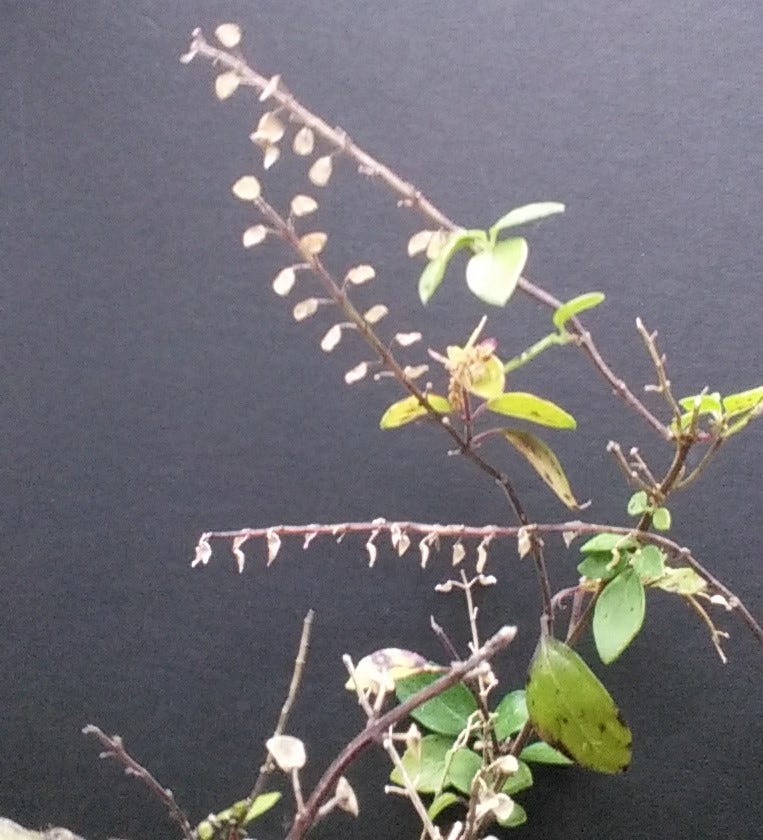Ask the Pharmacist: Skullcap root holds promise for immunity and sleep

Now is a good time to share what I know about a plant called scutellaria baicalensis which is available worldwide in a wide variety of supplements, tinctures and teas. The common name is Chinese skullcap or baikal skullcap.
More:Ask the Pharmacist: How to make your own hand sanitizer
You may not have heard of it until today, however, this plant has grown on the Earth for eons, and it has well-documented medicinal actions on the body. It’s a potent antioxidant, anti-viral and anti-inflammatory agent. Some of the compounds induce sleep. It’s like a nightcap for your skull. That’s an interesting side effect because it provides neuroprotective effects while you sleep, which is the same time that your immune system renews itself. Mother Nature makes no mistakes.
Before I share information about this herb, I need to make one important distinction. There is an herb called American skullcap (scutellaria lateriflora) and I am not discussing that one. Today, I am discussing scutellaria baicalensis. This distinction is important because some of you are holding dietary supplements in your hand and reading the labels on them. So, I want you to know which version I’m referring to here.
More:Ask the Pharmacist: We are resilient like tulips
In 2019, extracts of Chinese skullcap were studied in both rodents and test tubes. It was shown to fight Influenza virus A, which causes an upper respiratory illness. One of the root extracts called “baicalin” was extracted from Chinese skullcap and evaluated. The researchers concluded that it could inhibit H1N1 (swine flu pandemic) and H3N2 influenza viruses, at least in cell cultures.
This skullcap plant is gorgeous and withstands very harsh climates. Thousands of years ago, doctors used various parts of the plant to heal people, without fully understanding the chemistry. Thanks to modern science, we know how to extract the major biologically active constituents and study them in a lab, and on people. There are more than these, but I want you to be able to look up three important active constituents in skullcap: baicalin, wogonoside and baicalein wogonin. Wogonin was studied and found to help osteoarthritis by suppressing a cytokine, IL-1B.
In China, the herb is known as Huang-Qin and used for many ailments including diarrhea, hypertension, anxiety, insomnia, cancer, heart disease, and respiratory infections. It’s also a strong antioxidant so it can help neutralize free radicals.
In an article just published in the International Journal of Biological Sciences, Skullcap was listed because it is part of a bigger formula found to be helpful with SARS-CoV-2 (also abbreviated as COVID-19). There is some evidence about its impact on lung health, allergies, bronchitis and influenza. It also has shown promise for multiple myeloma, asthma and heart disease.
Excessive amounts may harm the liver. This herb is not recommended for women who are pregnant or nursing. Do not take or consume any new drug or natural medicine without your physician (practitioner) knowing and advising you. Finally, skullcap may slightly reduce blood sugar, and this effect may be enhanced if you take medications.
Finally, there is a difference between American Skullcap and Chinese Skullcap. These are two different species with very different actions on the body. They are not interchangeable. The article that I’ve written today and the research I have cited is only about Chinese Skullcap. If you’d like more information about immune system benefits that herbs can offer, please sign up for my free newsletter at suzycohen.com and I will send you a longer version of this article.
More:Ask the Pharmacist: I’m mad about the stupid elderberry posts!
Suzy Cohen is a registered pharmacist. The information presented here is not intended to treat, cure or diagnose any condition. Visit SuzyCohen.com.